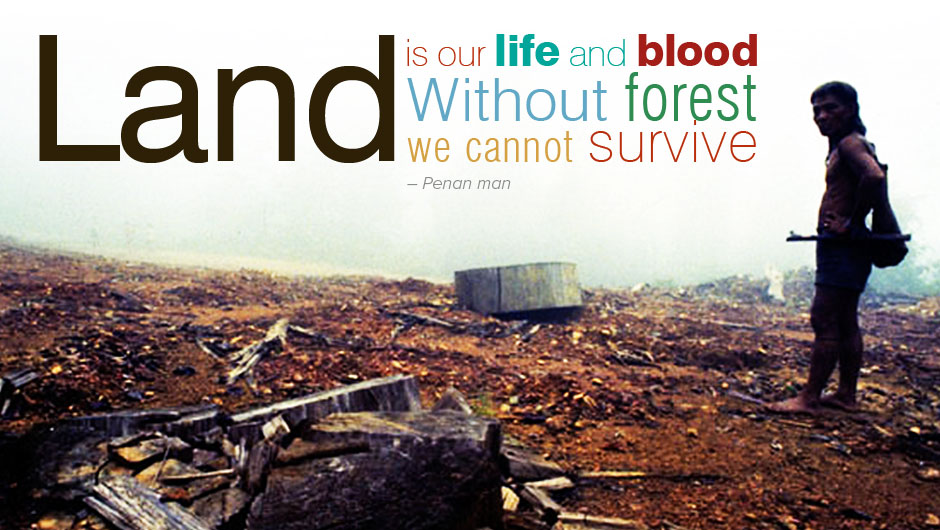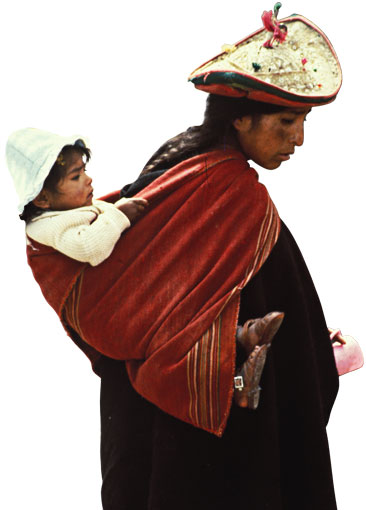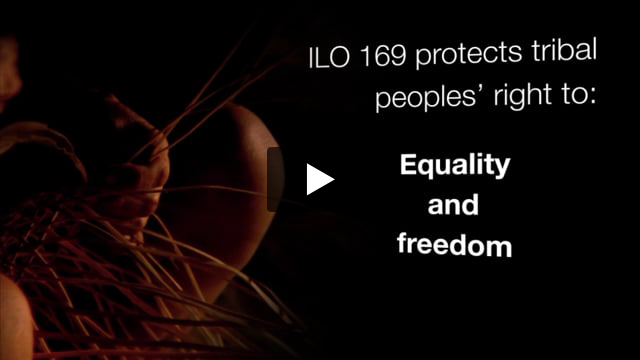The International Law for Tribal People
Across the world, tribal peoples’ lands are being stolen and their communities devastated. ILO Convention 169 is the only international law designed to protect tribal peoples’ rights.
Most governments refuse to ratify it.
Latest News »
- Bushman hunters arrested May 18, 2004
- 100,000 new supporters for the Bushmen February 10, 2004
- ‘Rabbit proof fence’ author films ad for Survival December 2, 2003
When tribal peoples lose their lands, their societies disintegrate and individuals often succumb to alcoholism and fatal diseases.
The only international law that can secure tribal peoples’ land rights is the International Labour Organization Convention 169. ILO 169 recognizes and protects tribal peoples’ land ownership rights, and sets a series of minimum UN standards regarding consultation and consent.
ILO 169 has been around since 1989, but only twenty-three countries have ratified it so far. At this rate, it will be another 170 years before every country has ratified the Convention. Every country that does so, strengthens its force, and gives tribal peoples a greater chance to survive and thrive.
What does ILO 169 say?
It protects tribal peoples’ right to:
- Own the land they live on and use
- Make decisions about projects that affect them
- Equality and freedom
Take action
Please write to your MP asking him/her to support ILO 169
Please take a moment to send an online message through WriteToThem.com asking your MP to support the only international law for the world’s threatened tribes, ILO 169. The UK government has not ratified it, saying that it’s not relevant because no tribal peoples live there.
But of course UK companies do business in countries with tribal peoples; and, through Britain’s overseas development budget, your taxes fund many projects that affect them. Ratifying ILO 169 would help to stop abuses against some of the world’s most vulnerable peoples.
Get started: enter your postcode
ILO 169 is not just a law for tribal peoples, it is a law for everyone
ILO 169 is not just a law for tribal peoples; it is a law for everyone. It plays a key role in saving the world’s rainforests, putting control of the land back in the hands of the people who have looked after it for generations.
It is no coincidence that so much of the world’s remaining rainforests and biodiversity are on tribal peoples’ lands.
ILO 169 recognizes and protects tribal peoples’ land rights, allowing tribes to prosper, and the forests in which many live to flourish.
Resources
Map showing the countries that have ratified the ILO 169:
- Argentina
- Bolivia
- Brazil
- Central African Republic
- Chile
- Colombia
- Costa Rica
- Denmark
- Dominica
- Ecuador
- Fiji
- Germany
- Guatemala
- Honduras
- Luxembourg
- México
- Nepal
- Netherlands
- Nicaragua
- Norway
- Paraguay
- Peru
- Spain
- Venezuela
Of those 23, only two are members of the Commonwealth; Fiji and the Dominica. Those that refuse to ratify ILO 169 are not bound by the law and undermine its principles. The best international mechanism for protecting tribal peoples’ rights is being weakened because governments refuse to ratify it.

The UN Declaration on the Rights of Indigenous Peoples
The United Nations Declaration on the Rights of Indigenous Peoples is also an important international tool, setting a benchmark by which the treatment of tribal peoples can be judged. However, unlike ILO 169, the Declaration is not legally binding.
Only four countries voted against the Declaration when it was approved in 2007 – Australia, Canada, New Zealand and the USA. All four countries have since announced their support for the Declaration – but all still refuse to ratify ILO 169.
» Download the full text of ILO Convention 169 (PDF, 111KB)


